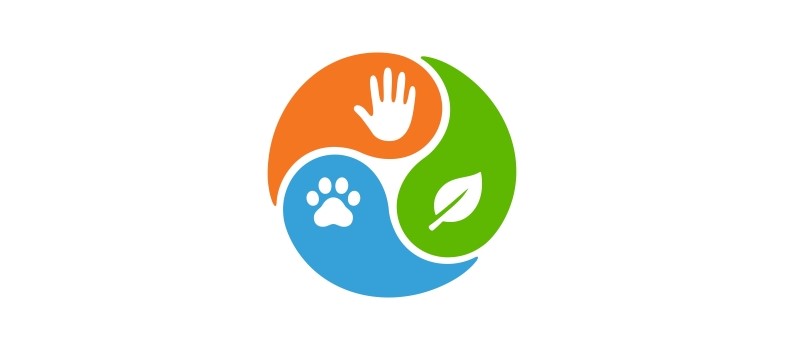1 What is One Health?
There have been many definitions of One Health, but the following definition is now widely recognised:
An integrated, unifying approach that aims to sustainably balance and optimize the health of people, animals, and ecosystems. It recognizes the health of humans, domestic and wild animals, plants, and the wider environment (including ecosystems) are closely linked and interdependent.
This approach mobilises multiple sectors, disciplines and communities at varying levels of society to work together to foster wellbeing and tackle threats to health and ecosystems, while addressing the collective need for healthy food, water, energy and air, taking action on climate change, and contributing to sustainable development.
In the context of
- human health and social care
- terrestrial and aquatic animal health and production
- plant health and production
- environmental management.
Professionals from different disciplines include, but are not limited to:
- clinicians
- veterinarians
- pharmacists
- epidemiologists
- microbiologists
- nurses
- sociologists
- data scientists
- economists
- hospital managers
- laboratory technicians
- para-veterinarians.
Collaboration involves sharing information with, and effective communication among, professionals, with the goal of understanding what factors contribute to AMR in each sector, how each sector contributes to AMR in other sectors, and measures for mitigating AMR. Experts from each sector must identify priorities and make decisions together to achieve optimal health outcomes, recognising the interconnections between humans, animals, plants and their environments that contribute to AMR.
One Health not only refers to professionals from different sectors and disciplines working together, but also refers to governments, academic institutions, non-government organisations and community groups working together; for example, to investigate, design and implement appropriate policies and programmes to reduce the use of antimicrobials.
Introduction




